Vision & Education
We foster diverse perspectives and problem-posing and problem-solving skills toward the realization of a sustainable society.
- Cross-disciplinary learning that spans natural and social systems
- Understanding the connections between things and acquiring the ability to pose problems and move the problem solving process forward
- Becoming familiar with a wide range of methodologies, from theory to practice
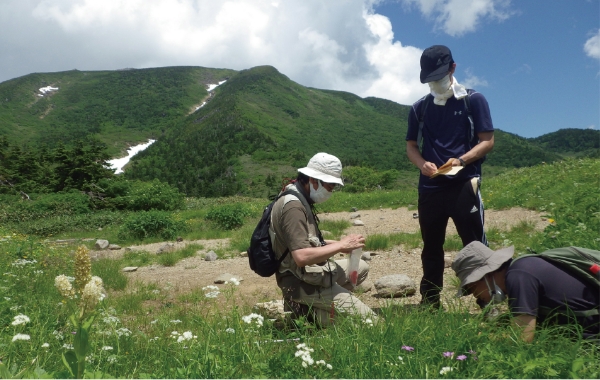
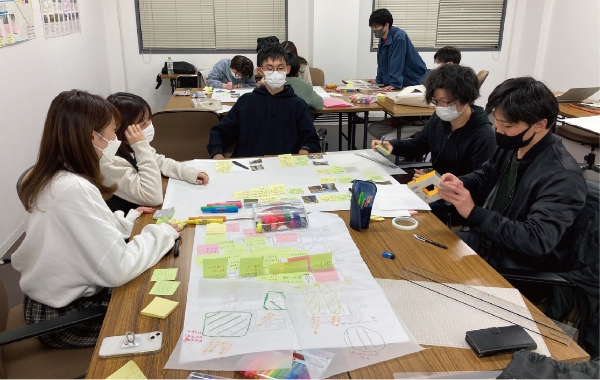
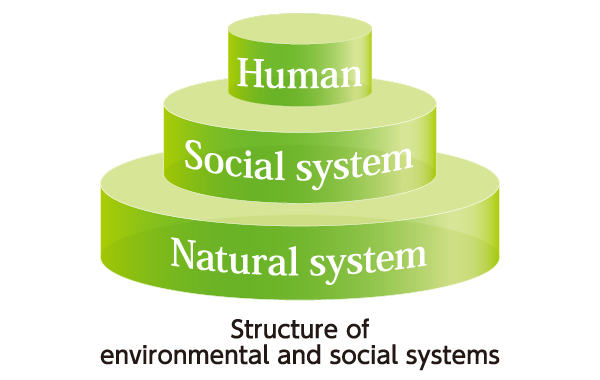
Diverse perspectives and methodologies for grasping environmental and social systems
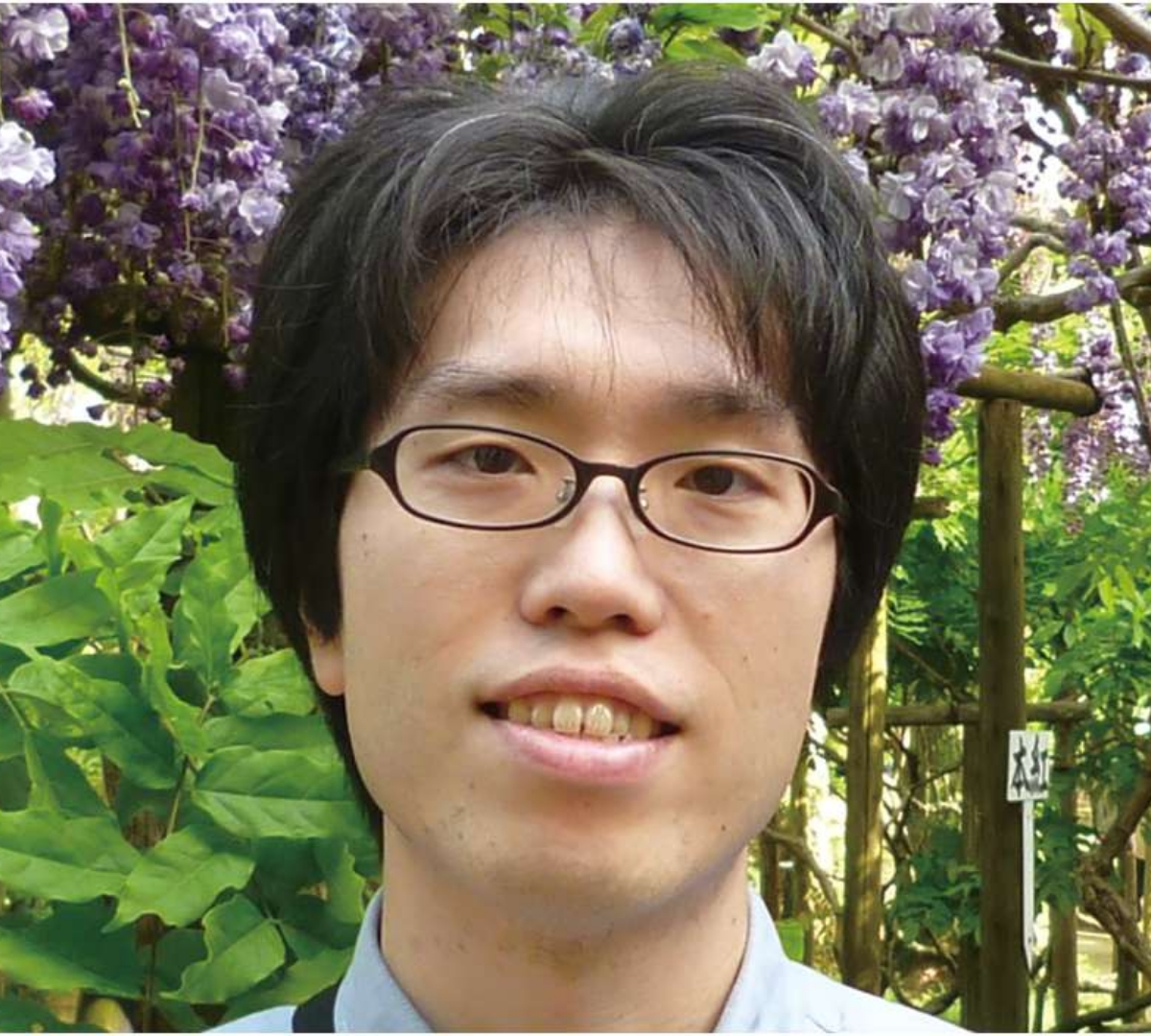
Considering the environment from the aspects of philosophy and thought
“‘Environment’, ‘nature’, ‘ecology’, and ‘sustainability’—these words, which we often talk about, reflect the hopes, setbacks, ideals and contradictions they have faced over the past 50 years. We can trace their struggles when we consider the ‘environment’ from the aspects of philosophy and thought.”
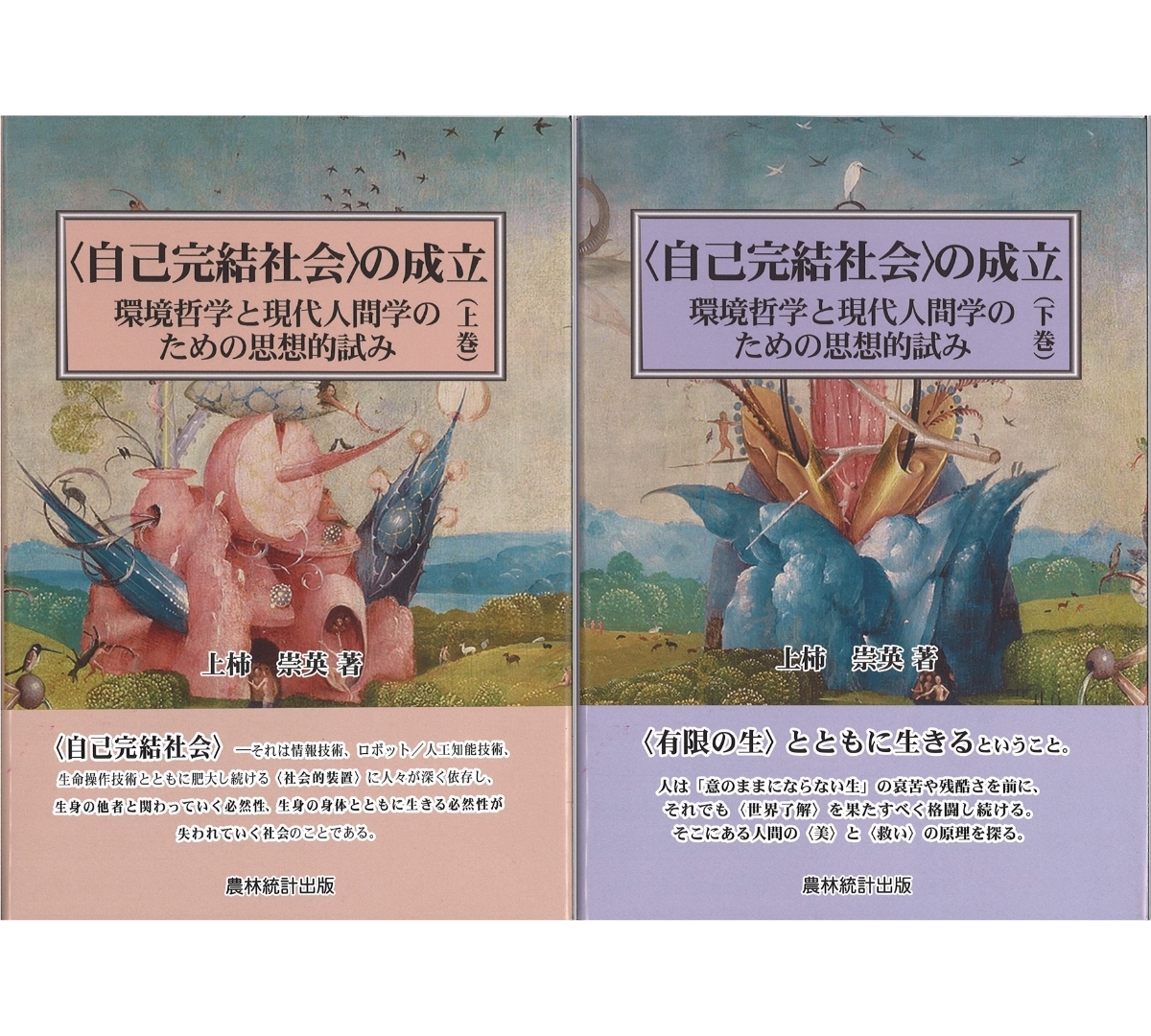
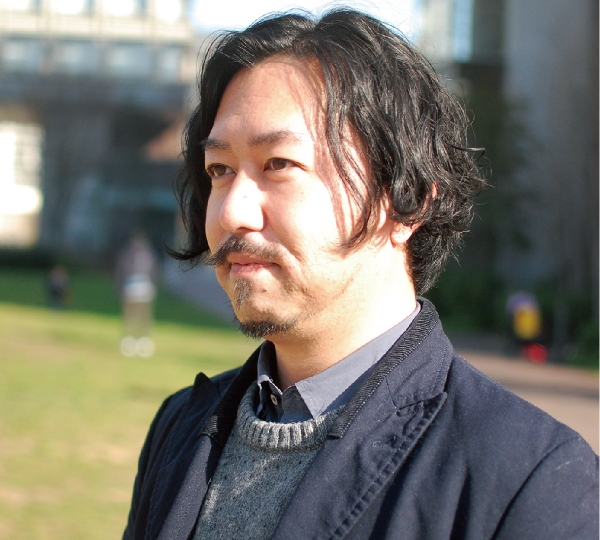
Considering the environment from the standpoint of landscape
“The landscape we capture before our eyes is just the tip of the iceberg. The landscape is based on the history, culture, nature, the local community, and people’s daily lives and activities. By exploring into these landscape components, applying urban planning and design techniques, we consider an enriched environment.”
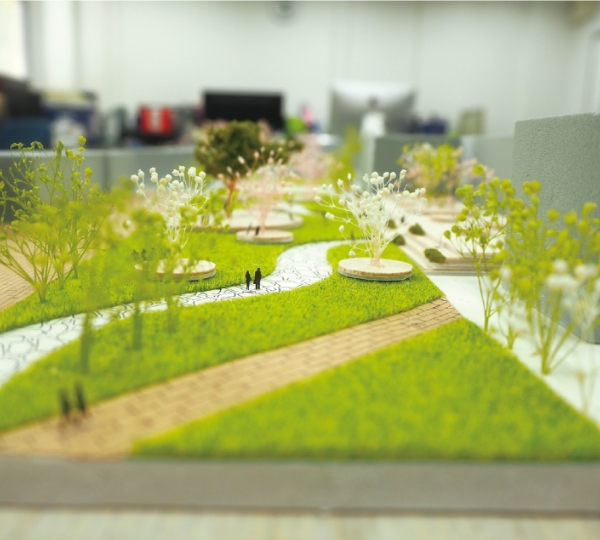
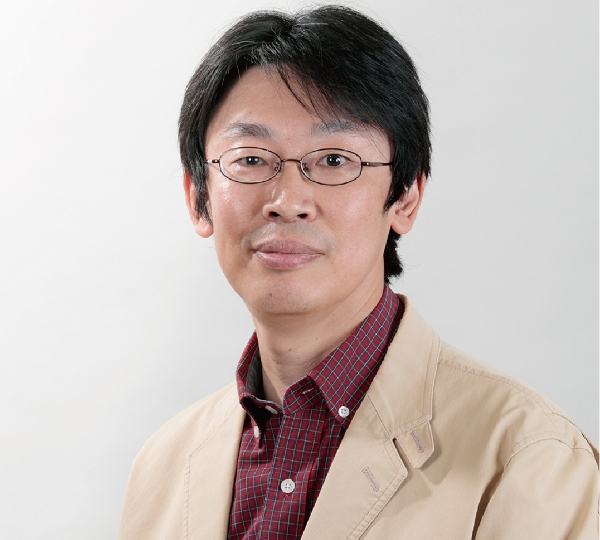
Considering the environment from the aspect of weeds
“Weeds that grow around us are sometimes disliked as harmful plants, and sometimes valued as useful plants. Some of the weeds have become invasive alien species, while others have become endangered species. Study on the ecology of weeds and their relationship with humans reveals the impact of humans on the natural environment.”
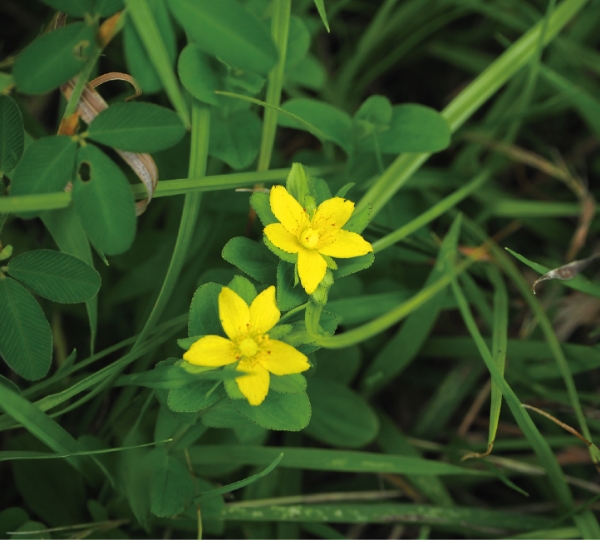
Examples of learning for the purpose of solving problems
Theme: Learning about the connections between things from the aspect of water
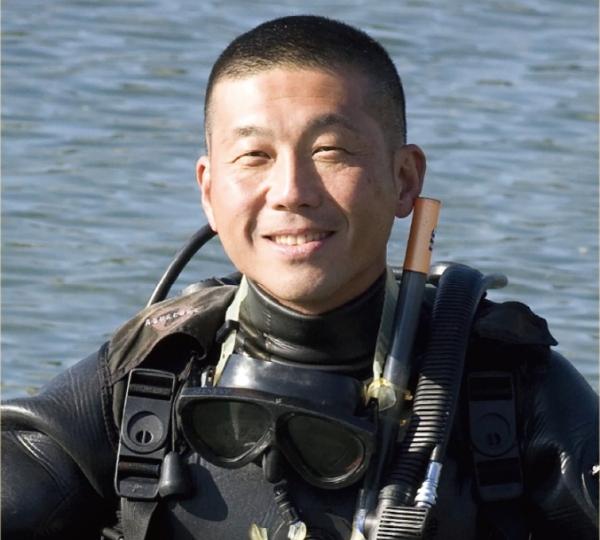
Marine Environment and Ecology
“What is the ocean? What is the marine ecosystem? Students will gain an understanding of the physical, chemical and biological processes that take place in the ocean and their changes, and the functions and roles of marine ecosystems that directly influence the global environment. Students will also learn about the basics of ecosystem modeling, which are necessary to assess and predict the marine environment.
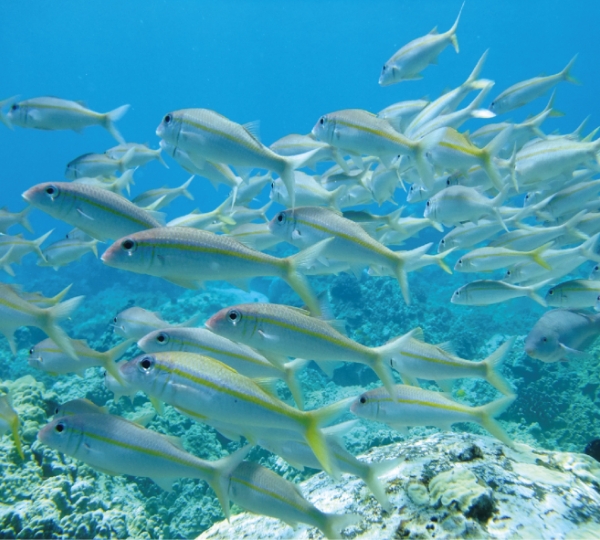

Environmental Policy
“Humans cannot live without water, and the same goes for other animals and plants. Water connects people with people, other animals, and plants, but how should these relationships be built? For the resolution of water issues, students will learn about the importance of establishing rules and systems, which may not be recognized from the perspective of technological development.”
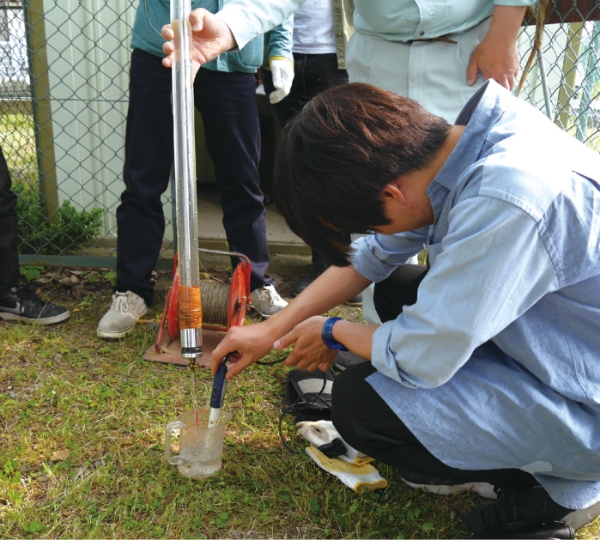
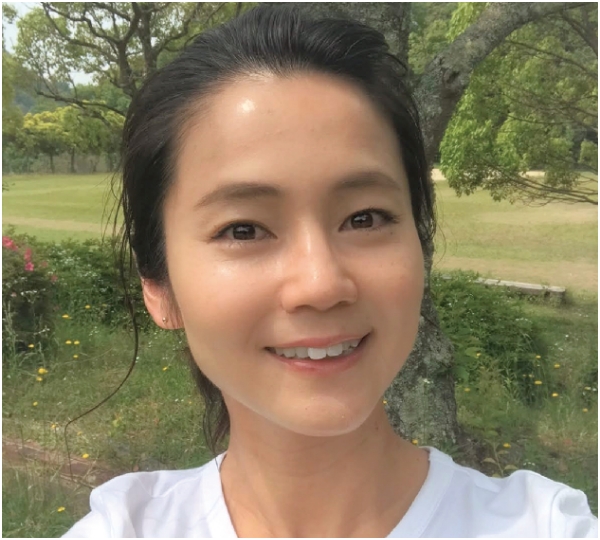
Seminar on regional activity
“In this class, students develop practical skills to tackle regional issues under the guidance of several professors who specialize in different fields. Each professor deals with a different theme, and students choose a theme that interests them. In my class, we will focus on addressing the issue of marine plastic waste in Osaka Bay. Through fieldwork, we will discuss how to improve the situation.”
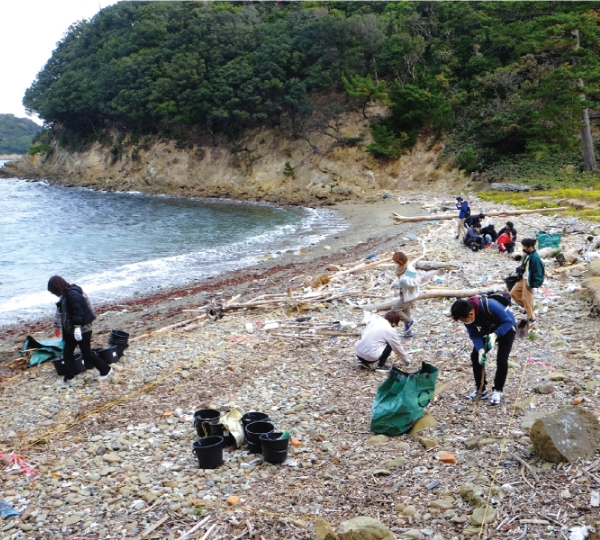
Examples of learning for the purpose of posing problems
Theme: Understanding of minorities and the path to inclusion
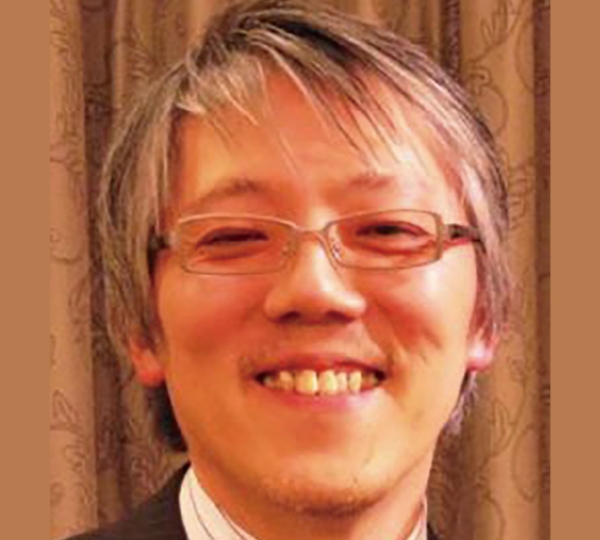
Social Coexistence and Human Identity
“The question ‘Who am I?’ may sound personal, but it can also be considered as a reflection of the society we live in. Before thinking about the relationship between “me” and “society,” let’s explore the specific possibilities of an ‘inclusive society.’”
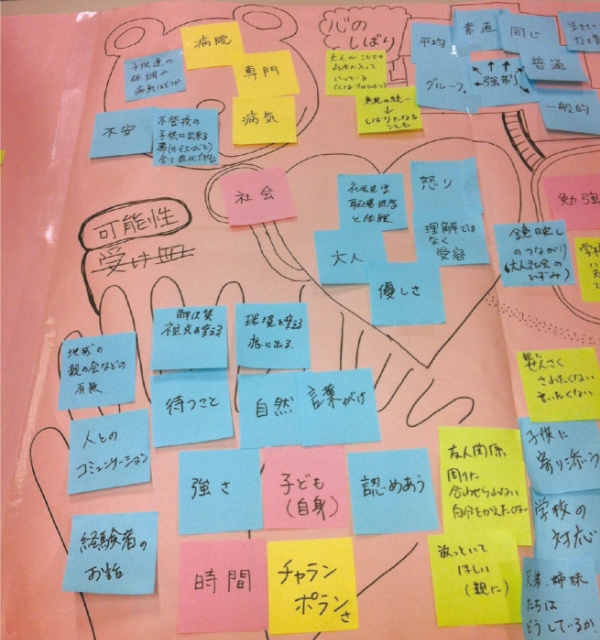
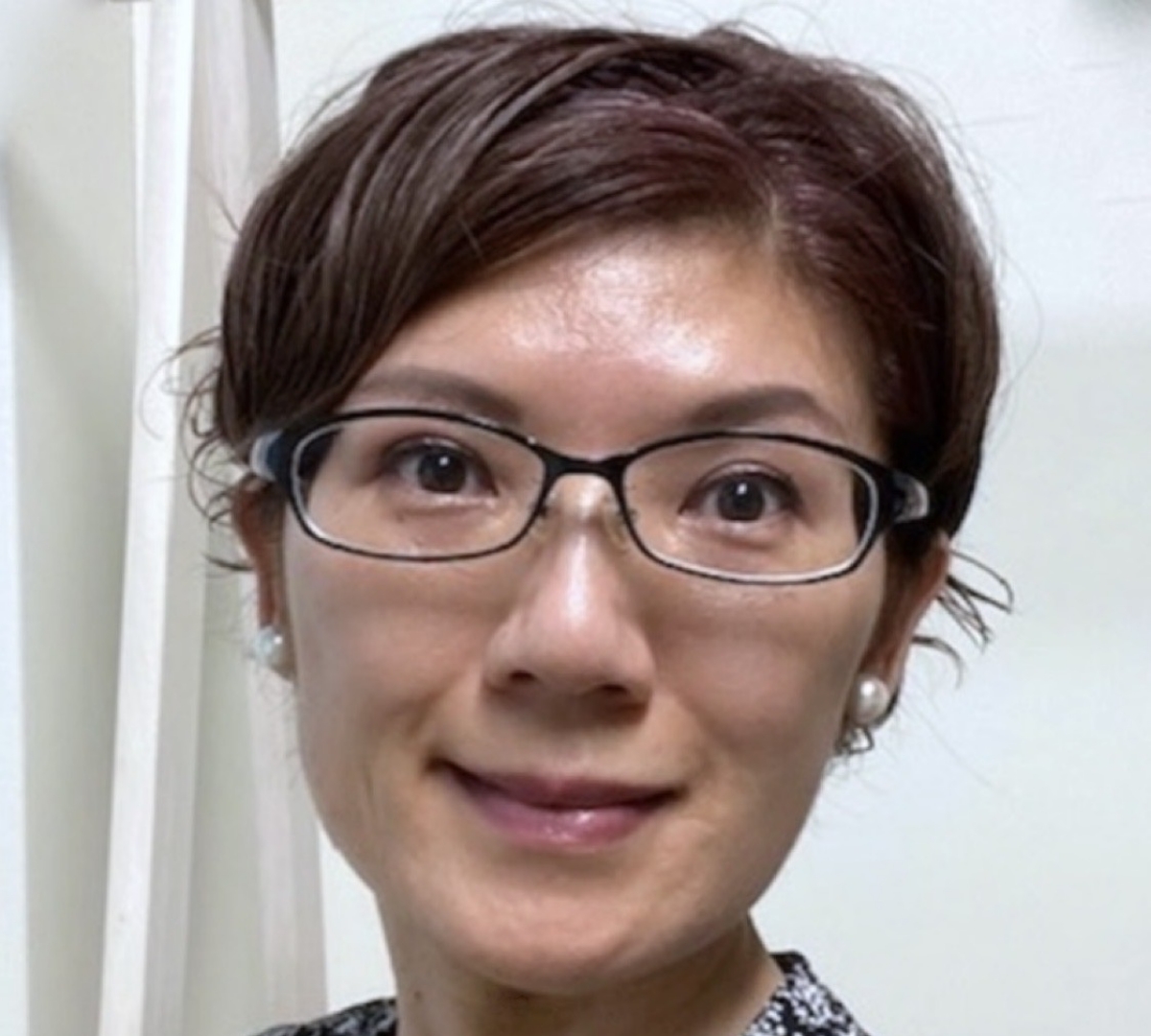
Challenging our “common sense”
“I approach bioethics and life philosophy from the aspects of scientific technology, thought, and representational culture. In my class, students will challenge ‘common sense’ and explore the thought and techniques of life and survival. I am sure that thinking about inclusion will surely shake up those who belong to the majority and make them shake up themselves.”
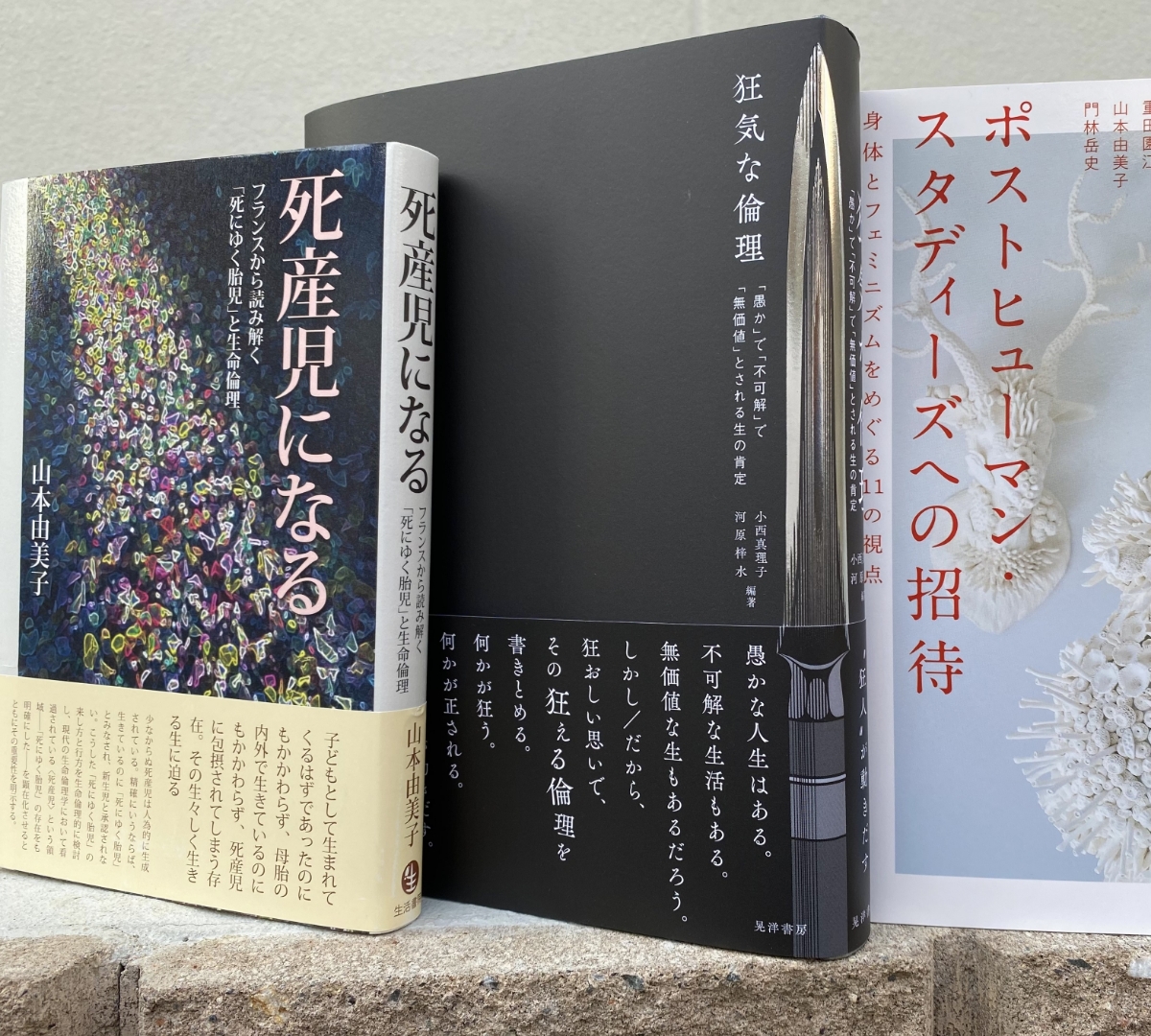
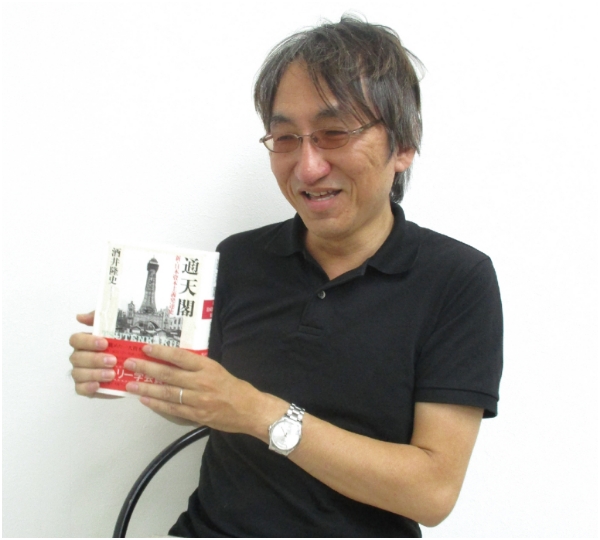
Socio-political thought
I research the history of social thought and the history of urban society. “The world as we know it is undergoing major changes. While redefining human society from the bird’s eye view of human history, I walk around towns and continue to make observations from the bug’s eye view. From these two perspectives, I search for the seeds of the coming world.”
